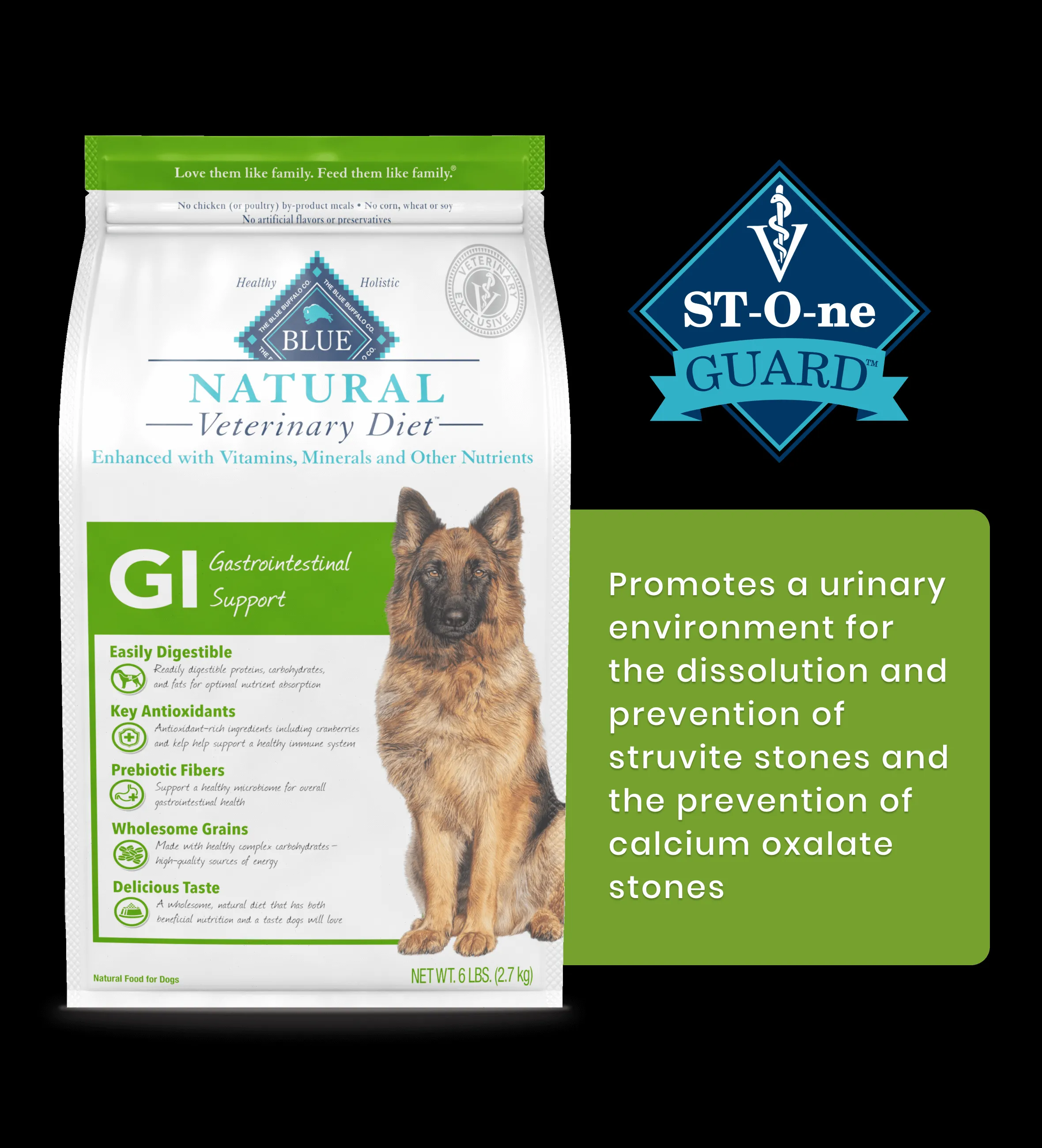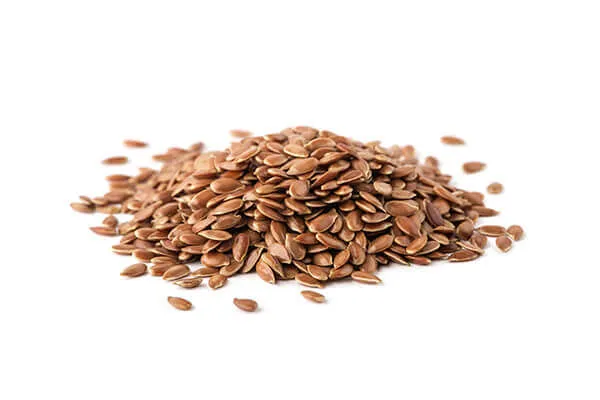For many devoted dog owners, the challenge of managing a sensitive stomach or chronic digestive issues in their beloved canine companions is a common one. Just like humans, dogs can suffer from a variety of gastrointestinal (GI) problems, ranging from occasional upset to more serious, ongoing conditions. These issues often manifest as vomiting, diarrhea, lack of appetite, or discomfort, significantly impacting a dog’s quality of life. Fortunately, specialized Gastrointestinal Dog Food is specifically formulated to help alleviate these symptoms and support overall digestive health, offering a beacon of hope for dogs with delicate digestive systems.
Understanding the complexities of your dog’s gut health is the first step toward providing the best care. A healthy GI tract is crucial not only for proper digestion and nutrient absorption but also plays a vital role in immune function. When this delicate balance is disrupted, it can lead to discomfort and long-term health implications. Therefore, choosing the right dietary support, often in consultation with a veterinarian, becomes paramount in restoring and maintaining your dog’s digestive well-being. Ensuring your dog’s comfort extends beyond their diet; providing them with a secure and comfortable resting place, such as spacious dog kennels for sale, can also contribute to their overall happiness, especially when they might be feeling under the weather.
Understanding Canine Digestive Issues
Dogs can experience a range of digestive ailments. Common conditions include acute gastroenteritis, inflammatory bowel disease (IBD), pancreatitis, food allergies or intolerances, and exocrine pancreatic insufficiency (EPI). These issues can be triggered by various factors such as dietary indiscretion, stress, infections, or underlying genetic predispositions. Recognizing the signs—which might include frequent vomiting, chronic diarrhea, weight loss, flatulence, or changes in appetite—is crucial. If you observe any persistent digestive upset, a visit to your veterinarian is essential for an accurate diagnosis and a tailored treatment plan.
What is Gastrointestinal Dog Food?
Gastrointestinal dog food is a specially formulated diet designed to be highly digestible and gentle on a dog’s sensitive digestive system. These therapeutic diets often contain specific ingredients and nutrient profiles aimed at reducing the workload on the GI tract, promoting nutrient absorption, and supporting the growth of beneficial gut bacteria. The primary goal is to minimize irritation, control inflammation, and restore the natural balance of the gut flora, thus alleviating symptoms and improving digestive function.
 BLUE Natural Veterinary Diet GI Gastrointestinal Support Dry Dog Food
BLUE Natural Veterinary Diet GI Gastrointestinal Support Dry Dog Food
Key Ingredients to Look For in GI Dog Food
The efficacy of gastrointestinal dog food lies in its carefully selected ingredients, each playing a role in supporting digestive health. When choosing a diet for a dog with a sensitive stomach, look for a combination of these beneficial components:
Easily Digestible Proteins
High-quality, easily digestible protein sources like chicken, turkey, or lamb are vital for muscle maintenance and overall health without taxing the digestive system. These proteins are processed efficiently, reducing the likelihood of undigested food causing irritation in the gut.
Complex Carbohydrates
Sources such as brown rice, oats, or potatoes provide readily available energy while being gentle on the stomach. They offer essential B vitamins, minerals, and fiber, contributing to healthy stool formation and sustained energy levels.
Prebiotic Fibers
Ingredients like pumpkin, flaxseed, and beet pulp act as prebiotics, nourishing the beneficial bacteria in your dog’s gut. A healthy microbiome is crucial for digestion, nutrient absorption, and immune system function. These fibers help balance the GI microflora, promoting a healthy digestive environment. Choosing the right durable dog toys for chewers can also help stimulate your dog and potentially distract them if they are experiencing mild discomfort from digestive issues, promoting a more positive well-being.
 Flaxseed, rich in omega-3 fatty acids and dietary fiber.
Flaxseed, rich in omega-3 fatty acids and dietary fiber.
Omega Fatty Acids
Flaxseed and canola oil are excellent sources of omega-3 and omega-6 fatty acids. These essential fats are known for their anti-inflammatory properties, which can be particularly beneficial for dogs suffering from inflammatory GI conditions. They also support a healthy skin and coat.
Antioxidants
Vitamins C and E, along with antioxidant-rich ingredients like cranberries and blueberries, help support a healthy immune system and counteract oxidative stress in the body. A strong immune system is inherently linked to a healthy gut. Specialized blends, such as LifeSource Bits, often combine these vital nutrients, vitamins, and minerals. These are carefully formulated by veterinarians and animal nutritionists to support immune system health, life stage requirements, and healthy oxidative balance, ensuring maximum potency through gentle processing methods.
 BLUE's exclusive LifeSource Bits, packed with antioxidants, vitamins, and minerals.
BLUE's exclusive LifeSource Bits, packed with antioxidants, vitamins, and minerals.
Ingredients to Avoid for Sensitive Stomachs
Just as important as what to include is what to avoid. For dogs with sensitive digestive systems, certain ingredients can trigger upset. Look for foods that explicitly state they are free from:
- Chicken (or Poultry) By-Product Meals: These can be difficult to digest and offer less nutritional value.
- Corn, Wheat, or Soy: These common allergens and fillers can often exacerbate digestive sensitivities in many dogs.
- Artificial Flavors or Preservatives: Synthetic additives can sometimes cause adverse reactions and should be avoided in sensitive diets.
Choosing a diet free from these common irritants aligns with a “True BLUE Promise” approach to dog nutrition, prioritizing wholesome, natural ingredients for optimal health. When considering additional treats, it’s vital to research whether common human foods are safe for dogs. For instance, you might wonder about dogs and popcorn – knowing what’s safe and what’s not can prevent further digestive upset.
 The True BLUE Promise shield, signifying quality natural ingredients.
The True BLUE Promise shield, signifying quality natural ingredients.
Benefits of a Specialized GI Diet
Transitioning your dog to a specialized gastrointestinal diet can yield numerous benefits, including:
- Improved Digestion and Nutrient Absorption: The easily digestible ingredients allow the GI tract to process food more efficiently, leading to better absorption of essential nutrients.
- Reduced Symptoms: Many dogs experience a significant reduction in vomiting, diarrhea, and abdominal discomfort.
- Balanced Gut Microflora: Prebiotic fibers and other beneficial ingredients help foster a healthy balance of gut bacteria, which is crucial for overall digestive function and immunity.
- Better Stool Quality: Improved digestion often results in more consistent and healthier stool.
Feeding Guidelines for Dogs with GI Sensitivities
When introducing a new gastrointestinal dog food, a gradual transition is key to prevent further digestive upset. Start by mixing 25% of the new food with 75% of their old food, gradually increasing the proportion of the new food over a 7-14 day period. Always provide a clean bowl of cool, fresh water. Individual nutritional requirements can vary greatly due to age, breed, environment, and activity level, so the feeding guidelines provided on the food packaging should serve as a starting point. It’s crucial to consult your veterinarian for specific recommendations tailored to your dog’s unique needs to maintain optimal body condition. Ensuring your dog has a safe and secure space to eat and rest, perhaps a secure dog crate can also aid in establishing a routine that supports their digestive health.
 Easily digestible potatoes, a source of vital vitamins and minerals.
Easily digestible potatoes, a source of vital vitamins and minerals.
Consulting Your Veterinarian
While specialized gastrointestinal dog food can be incredibly beneficial, it is a therapeutic diet that should ideally be introduced under veterinary guidance. Your veterinarian can accurately diagnose the underlying cause of your dog’s digestive issues and recommend the most appropriate diet. They can also provide guidance on feeding amounts, monitor your dog’s progress, and make any necessary adjustments to their care plan. This professional oversight ensures your dog receives the most effective and safe dietary support for their specific condition. Just as you might choose a reliable dog leash for walks, choosing the right diet for your dog’s health is a decision best made with expert advice.
Conclusion
Managing a dog with digestive issues requires patience, understanding, and the right nutritional approach. Gastrointestinal dog food offers a scientifically formulated solution designed to soothe sensitive stomachs, support healthy digestion, and improve your dog’s overall well-being. By focusing on easily digestible proteins, complex carbohydrates, prebiotics, omega fatty acids, and antioxidants, these specialized diets provide the necessary tools for a healthier gut. Always remember the invaluable role of your veterinarian in navigating your dog’s health journey. With their guidance and a carefully selected GI diet, you can help your canine companion live a more comfortable and happy life, free from the distress of digestive upset.
References
- Information derived from product specifications and nutritional principles for canine gastrointestinal health. Consultation with a veterinarian is always recommended for specific dietary needs.
